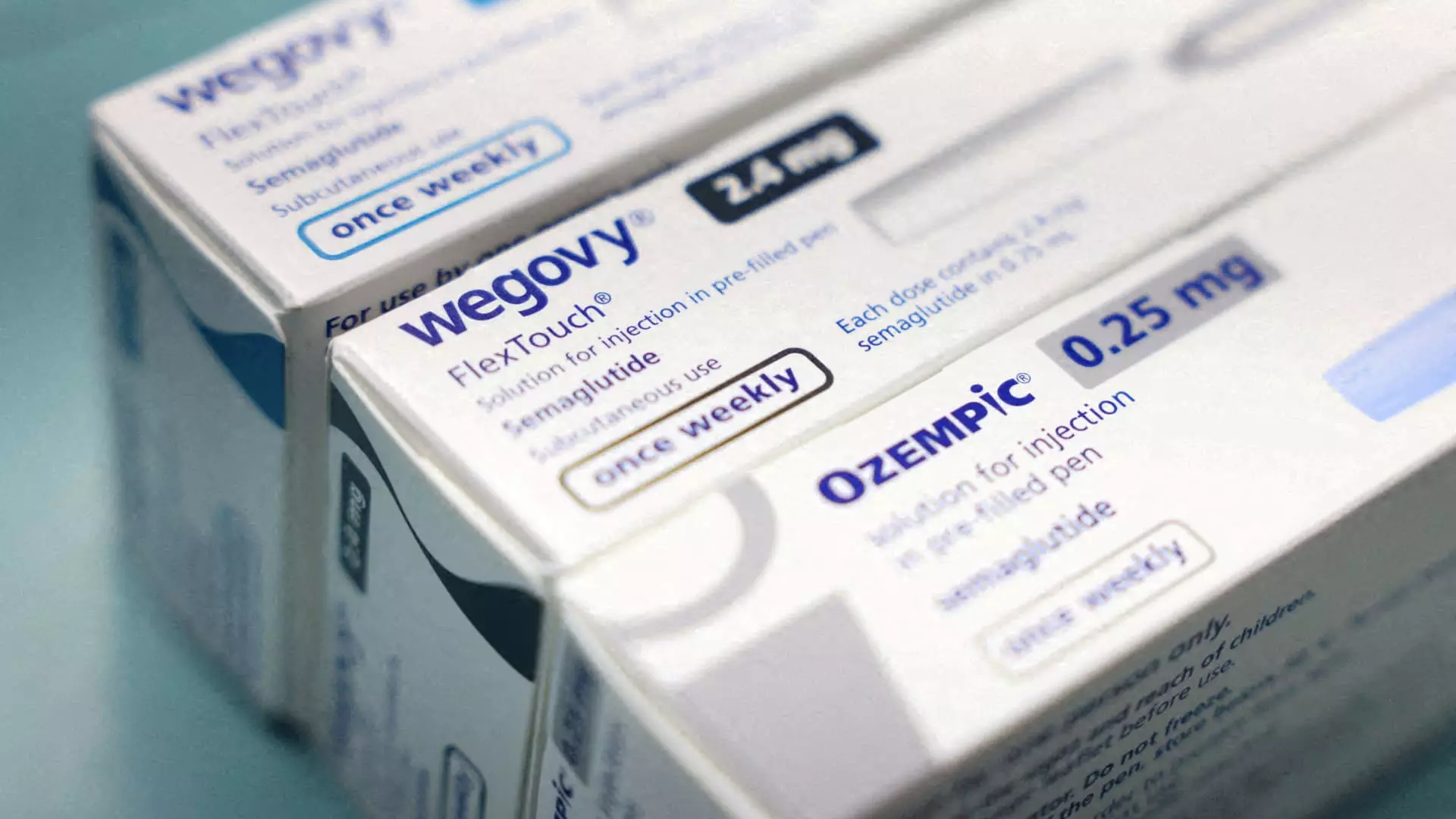In a significant development for weight management and diabetes treatment, the U.S. Food and Drug Administration (FDA) has declared the long-standing shortage of Novo Nordisk’s semaglutide formulations—Wegovy and Ozempic—resolved. This announcement, which comes two years into the crisis, holds substantial implications for patients, healthcare providers, and the broader pharmaceutical industry. Throughout this period, countless individuals turned to compounded versions of these medications from pharmacies, as they were unable to obtain the FDA-approved products that were in short supply.
The FDA’s resolution not only provides patients with renewed access to legitimate treatments but also poses a challenge to compounding pharmacies that have filled the gap during the shortage. As the market stabilizes, these smaller entities will face restrictions on producing unapproved versions of semaglutide. Compounding pharmacies, which were previously operating without significant regulatory pushback, will now be required to cease manufacturing these alternatives within 60 to 90 days based on FDA guidance. This transition will force many patients to reconsider their treatment options, shifting back to the standardized products approved by the agency.
Novo Nordisk’s stock climbed nearly 5% following the FDA’s announcement, signaling market optimism about the company’s ability to meet demand. Conversely, shares of Hims & Hers, which had prospered through the provision of compounded drugs, plummeted by more than 25%. This stark contrast emphasizes the precarious nature of reliance on unregulated versions of essential medications and underscores the potential for financial loss in sectors that have relied on the shortcomings of established pharmaceutical manufacturers.
With the surge in demand for semaglutide spurred by rising interest in weight loss and diabetes management solutions, Novo Nordisk and competitor Eli Lilly have proactively expanded their manufacturing capabilities. This strategic investment appears to have borne fruit, as the FDA confirmed that Novo Nordisk can now effectively meet both current and projected demands for semaglutide in the U.S. market. The broader implications for the pharmaceutical industry are profound, as both companies are now better positioned to compete in a weight loss drug market projected to exceed $150 billion annually by 2030.
Eli Lilly, which also recently declared the end of shortages for its tirzepatide formulations, is likely to react strategically to maintain its share in this lucrative sector. The resolution of supply issues offers Novo Nordisk a competitive edge, changing the showdown landscape between these two pharmaceutical giants.
A notable aspect of the FDA’s announcement is its emphasis on the safety risks associated with compounded medications. Dave Moore, executive vice president of U.S. operations at Novo Nordisk, highlighted the dangers posed by “fake or illegitimate knockoff drugs.” With the announcement, the FDA aims to deter patients from resorting to unapproved alternatives, reinforcing the need for rigorous adherence to established safety protocols and regulatory guidelines in the pharmaceutical industry.
While the FDA recognizes that some “intermittent and limited localized supply disruptions” may still occur during the transition period, the agency’s decisive action marks a pivotal moment in addressing the health concerns associated with compounded medications. The focus on ensuring that patients receive FDA-approved therapies underscores the importance of safeguarding public health and maintaining trust in pharmaceutical products.
Despite the resolution of the supply issue, the aftermath presents a complex landscape for patients and healthcare providers. Ozempic is generally covered by most health insurance plans; however, Wegovy, used specifically for weight loss, does not currently enjoy Medicare coverage. This discrepancy raises questions about access to treatment for patients seeking weight loss solutions. Health plans need to adapt to the changing landscape and consider whether they will provide coverage for these increasingly in-demand therapies.
While the FDA’s announcement brings much-needed relief to the market for semaglutide, it also creates a new set of challenges and considerations for everyone involved in the treatment landscape. The pharmaceutical industry will be watching closely as Novo Nordisk and Eli Lilly navigate this burgeoning market, and patients will be eager to see how these developments affect their access to vital therapeutic options. The focus now turns to ensuring sustainable supply chains, safeguarding patient health, and adapting healthcare policies to support those in need of these essential medications.


Leave a Reply